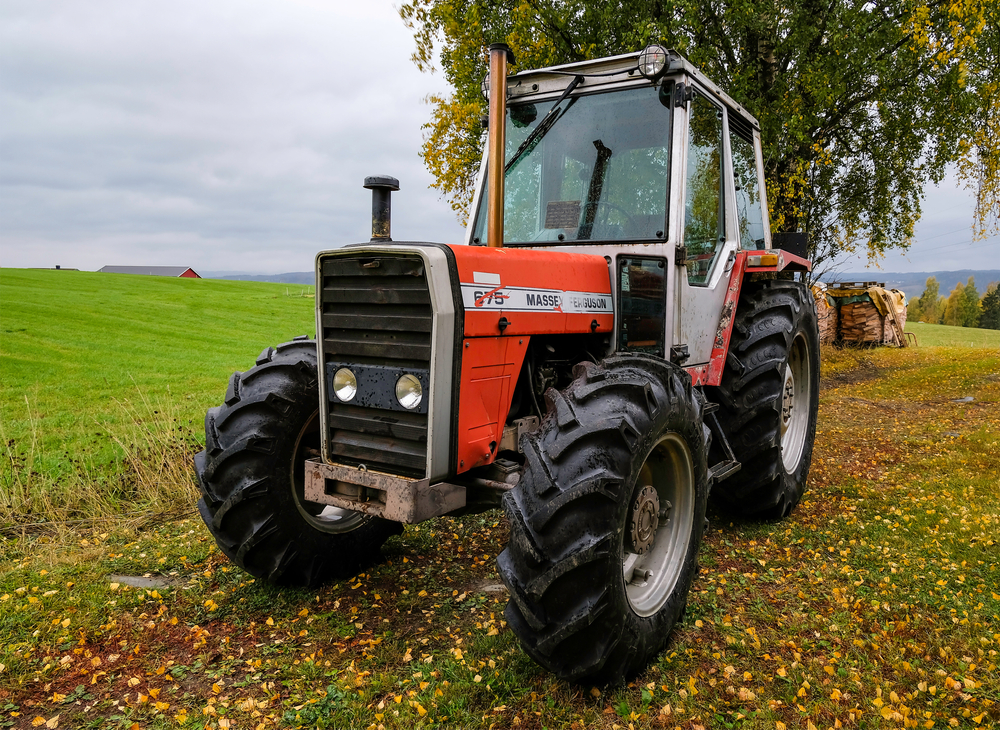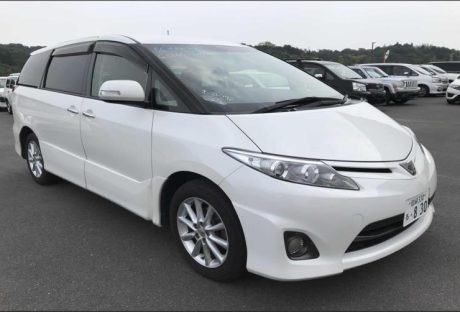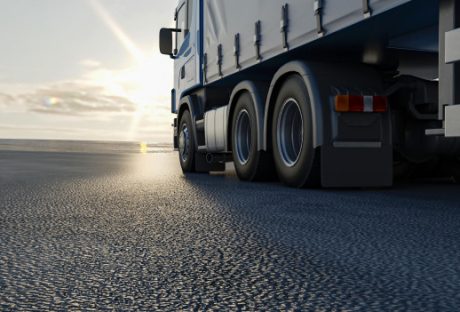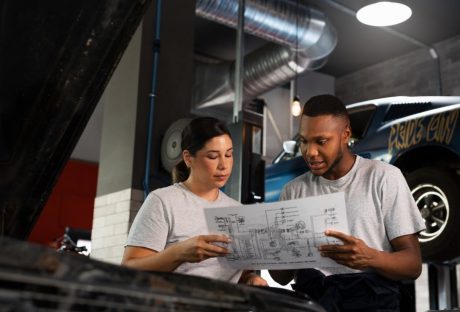The importance of technology and mechanization in agriculture cannot be overstated. Tractors are among the machinery being used today in modern farming for ploughing, tilling, planting seeds, spreading fertilizer, landscape maintenance, lawn care, and much more. Tractors come with an advantage in farming as they are versatile, easy to operate, and durable as power engines run them.
Tractors can be complicated, and if you have no experience with them, you may have no clue what to consider when choosing a tractor for your farm. TRADUS.COM is a platform where you can find all the heavy machinery you need, even for your farm. The platform hosts vetted and verified professional sellers and buyers, allowing them to share their machinery information. TRADUS boasts a wide range of features that help buyers find the right equipment at fair prices and, through artificial intelligence, helps them compare the specifications of the equipment and prices.
Whether you are shopping for a tractor at TRADUS or anywhere else, here are the factors that you should put into consideration before you make your purchase.
Buying A Tractor? Here Are the Things That You Need to Consider:
1. The engine
It is important to note that your tractor is only as powerful as the engine it has. This is why the engine is the first thing you should be looking at. The engine determines the horsepower of the tractor and the kind of work the tractor can handle. The higher the horsepower, the more power the tractor has. It is essential to be in touch with the type of work the tractor is expected to handle; then, from there, a professional will help you point out the engine’s size that would be ideal.
2. Your budge
Tractors can cost an arm and a leg, which makes it a significant investment. As expected, you need to have a budget to guide you to get what you are looking for in a tractor. You do not want to purchase a tractor then you are left with no money, even for maintenance.
Note that this does not mean that you should go for the lowest cost available in the market. Have a budget, and a professional will guide you in finding the best tractor that will meet your farming needs within your price range. Also, when it comes to the price, you might want to consider paying more upfront then complete the remaining amount with time until you complete the purchase. This will ease the financial burden that may come with it.
4. Hydraulics
The hydraulics of a tractor is something you should consider when buying the machinery. Note that the work of the tractor on the farm involves a lot of turning and lifting. The hydraulic system is what makes this possible. The hydraulic fluid transmits energy through the hydraulic system making it possible for the tractor to move and work. The hydraulic fluid is also responsible for lubrication and control heat transfer.
Before you take a tractor home, ensure that the hydraulic system is functioning optimally. If you are not conversant with how tractors work, it is best that you also involve a professional in assessing a tractor’s hydraulic capabilities. Whether it is used tractors or new ones, they should be able to turn easily and lift attachments.
4. Tires
Tractors can do the heavy work thanks to the traction provided by its tires. If you are buying a used tractor, this is something you want to consider to avoid having to buy new tires after a short while of use (they can be expensive). Ensure that the tires are ideal for the horsepower of the tractor and the load weight. Between bias and radial tires, you should consider the later as they have better traction even though they might cost slightly more.
At this juncture, you might want to involve a farm tire expert to give you the best advice on what to choose.
5. Rollover protection
While it is essential to look at the functionality of a tractor, it is also vital to think about the driver’s safety when operating the tractor. Note that tractors at times rollover during operations. A cage or roll-bar around the operator would provide the operator with increased safety.
There are tons of other things to consider when buying a tractor, such as the hitches and transmission, to mention a few. To get the best deal and quality machinery, it is essential to buy from a reliable dealer.
Read Also:






















